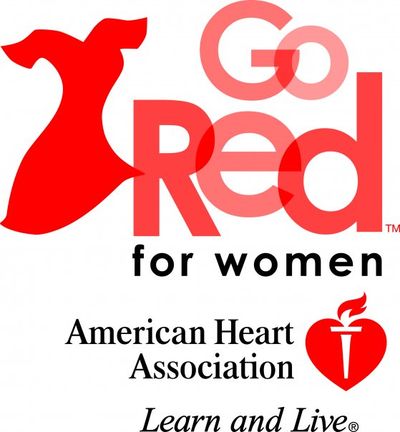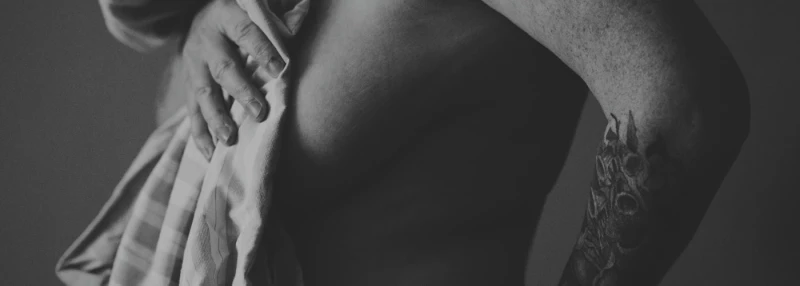 February is Heart Disease Awareness Month and today is “Go Red Day” where everyone wears red to raise awareness of heart disease and donate to “Go Red for Women,” which supports educational programming on heart disease.
February is Heart Disease Awareness Month and today is “Go Red Day” where everyone wears red to raise awareness of heart disease and donate to “Go Red for Women,” which supports educational programming on heart disease.
Why should we, as breast cancer patients or survivors, worry about our heart?
Well, unfortunately there are lots of reasons. First, some of the treatments and chemotherapies we may have taken can cause heart damage. These include (among others) Adriamycin, Herceptin and radiation on the left side of the body. In addition, if you were premenopausal before treatment and become postmenopausal during or after, that can also affect your heart. The risk of heart disease increases in postmenopausal women, with the decline of estrogen levels possibly playing a role.
What Can You Do to be Proactive?
If you’re in active treatment that could possibly damage your heart, your doctor will likely check your heart function to ensure that there are no problems. This can include an EKG or MUGA scan. Don’t be afraid to ask your doctors about how certain treatments may impact the rest of your body, including your heart. This is especially important if you already have heart problems or a family history of heart disease.
 If your treatment is complete, what can you do to take care of your heart? First, it is very important that all your physicians, including your family or primary care physician, be aware of your complete medical history including your breast cancer treatments. This way, they can be aware of what potential medical issues to monitor including your heart. Second, take care of yourself and your heart. If you are smoking, stop. Maintain a healthy diet, keep a check on your blood pressure and cholesterol, exercise and take steps to reduce stress.
If your treatment is complete, what can you do to take care of your heart? First, it is very important that all your physicians, including your family or primary care physician, be aware of your complete medical history including your breast cancer treatments. This way, they can be aware of what potential medical issues to monitor including your heart. Second, take care of yourself and your heart. If you are smoking, stop. Maintain a healthy diet, keep a check on your blood pressure and cholesterol, exercise and take steps to reduce stress.
What are Signs and Symptoms of Heart Problems?
These can include puffiness in hands and feet (due to retaining of fluid), dizziness or weakness, shortness of breath, coughing, and racing or irregular heartbeat. If you ever have any concerns or think you may be having a heart attack, call your doctor or 911 immediately.
Taking charge of your health is one way to be empowered while dealing with the challenges of a breast cancer diagnosis. And remember - YOU are your own best health advocate!
For more information on heart health, visit:
BeastCancer.org - Heart Problems
TheBreastCareSite.com - Take Heart, Be Smart: Before, During & After Treatment
GoRedForWomen.org - National Wear Red Day, 2/5/16
Heart.org - Menopause and Heart Disease



